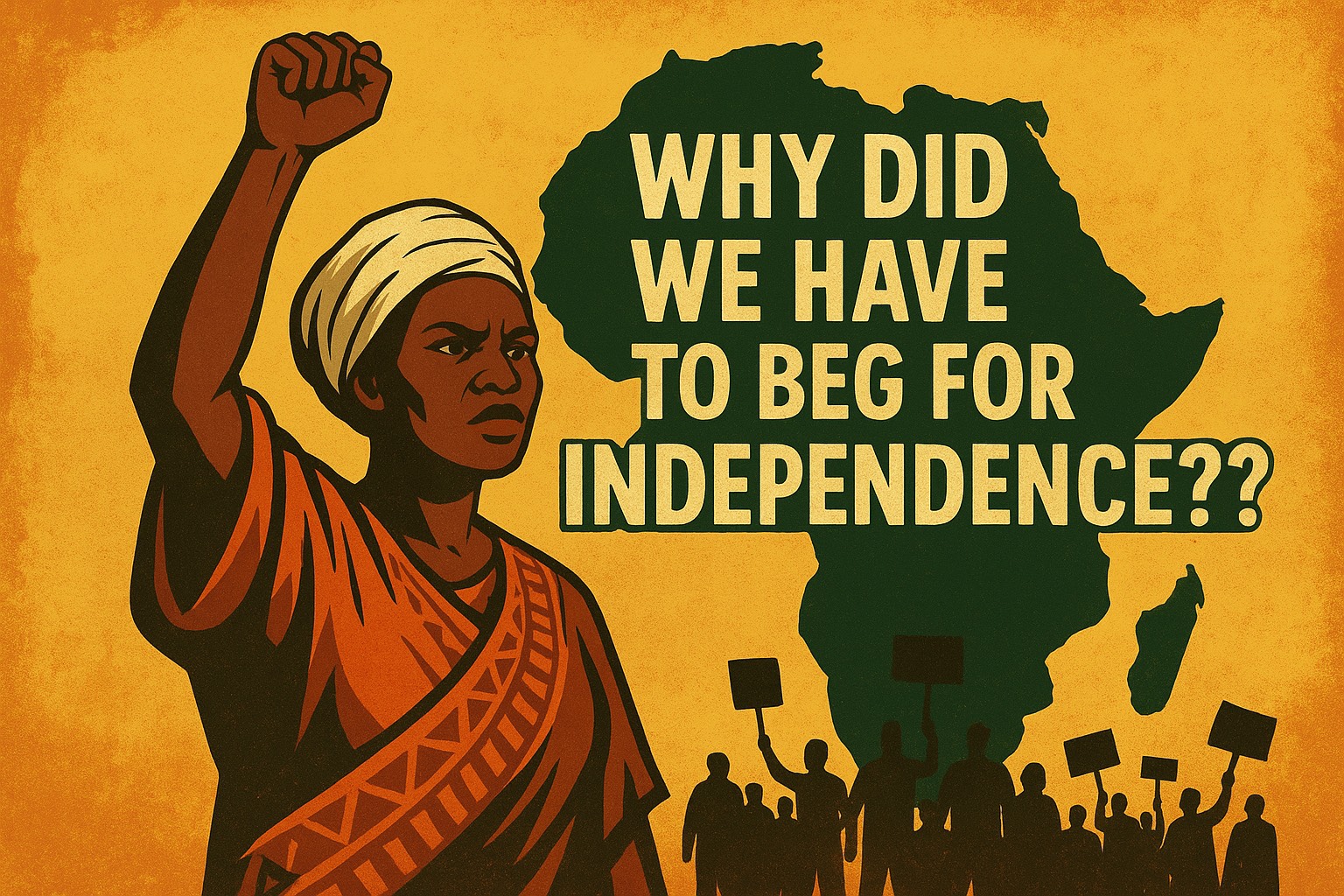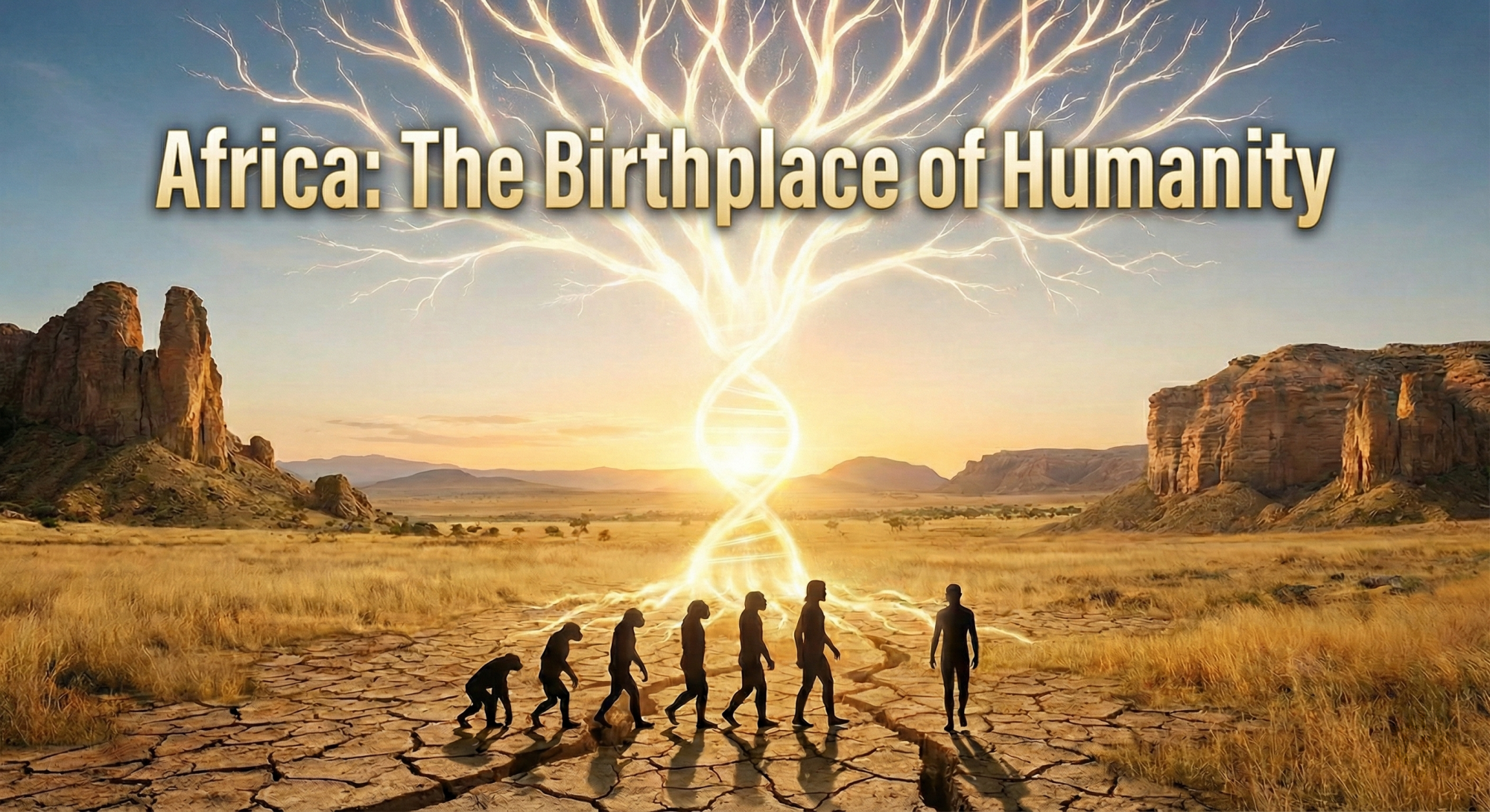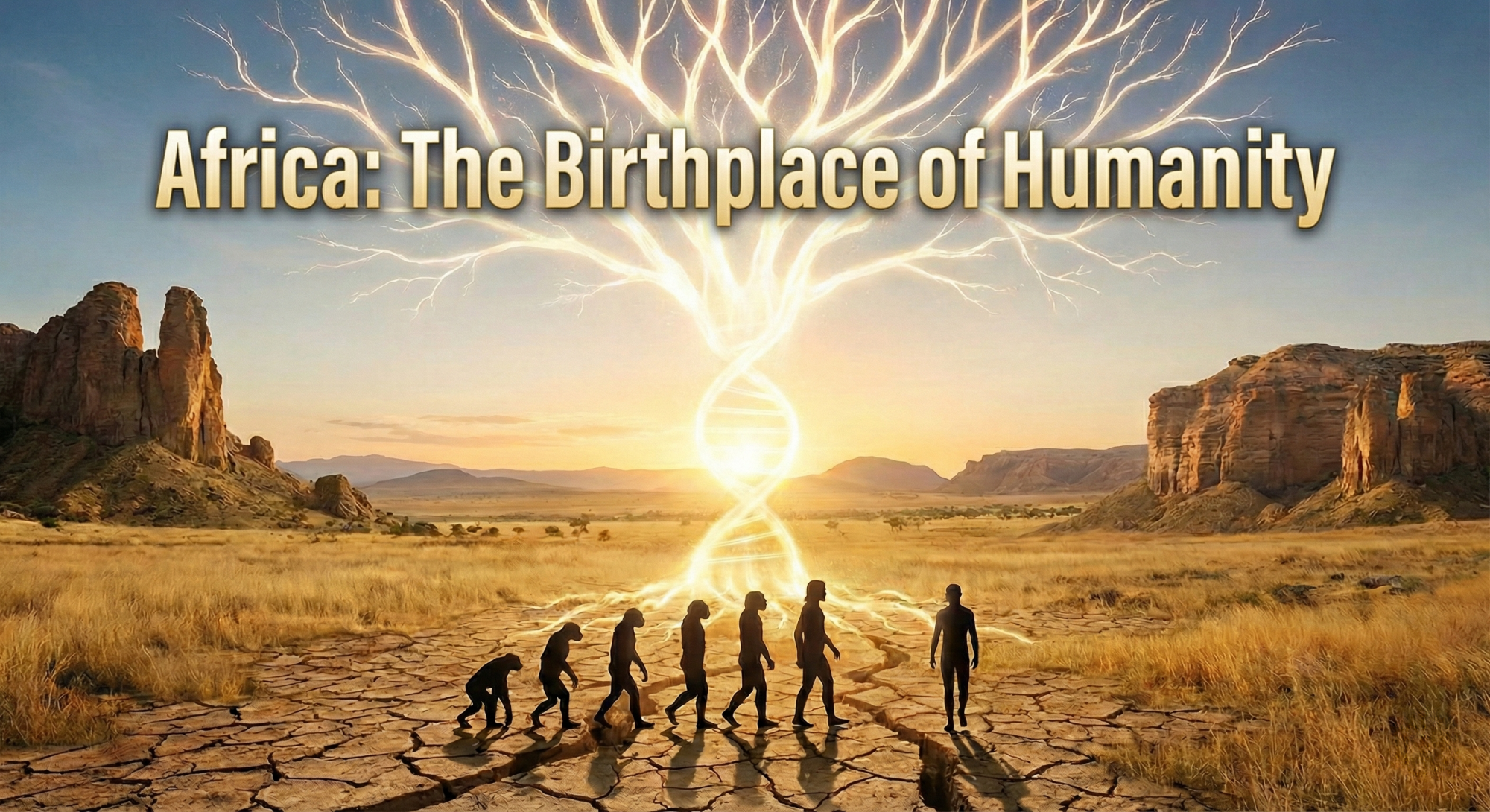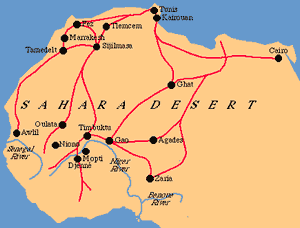Africa’s Struggle for Independence: Why Did We Have to Beg for Freedom?

Africa’s Struggle for Independence: Why Did We Have to Beg for Freedom?
Just days after Nigeria marked 65 years of independence, we ask: why did Africa have to beg for freedom that was already ours? A deep dive into Africa’s independence struggle, colonial resistance, and the lessons for today.
Just some days ago, on October 1st, Nigeria celebrated 65 years of independence. Across the country, children marched in school uniforms, military bands played, politicians gave speeches, and social media buzzed with flags and nostalgic hashtags. The familiar green-and-white-and-green pride filled the air. Independence Day has become a ritual of memory, joy, and sometimes frustration as we look back on how far we’ve not come. But beneath the parades lies a nagging, uncomfortable question: why did we have to beg for independence in the first place? Why did Nigeria, and the rest of Africa, have to negotiate, protest, and sometimes literally die to regain the freedom that was stolen from us? Why would a continent of free people, with kingdoms, empires, trade routes, and thriving civilisations, need “permission” to be free again? This is the paradox of African independence. And if we’re honest, it’s a paradox we haven’t yet fully resolved.
Before the Chains, Africa Was Not Empty
One of the greatest lies told about Africa is that colonisation “brought civilisation.” As if before the Europeans, the continent was just bush, drumbeats, and chaos. That myth has lingered in textbooks and documentaries, but it’s nonsense. Before colonial rule, Africa was already thriving in its own right:
• Ancient Egypt. One of the world’s earliest great civilisations and yes, undeniably African. Egyptian scholars laid the foundations for science, medicine, architecture, and philosophy. Imhotep (c. 2600 BCE), often called the world’s first recorded genius, was an architect, physician, and engineer credited with designing the step pyramid of Djoser. Medical papyri from Egypt demonstrate advanced knowledge of surgery, pharmacology, and anatomy thousands of years before Europe is said to have “discovered” them.
• Mali Empire (13th–16th century). Home to the fabled city of Timbuktu, with universities, scholars, and some of the largest libraries in the medieval world. Thinkers like Ahmed Baba of Timbuktu produced scholarship that influenced Islamic and African philosophy. Mansa Musa, the ruler, is still remembered as the wealthiest man in history.
• Ethiopia. Not only one of the world’s oldest Christian states, but also the only African nation to successfully repel a European power in the 19th century, defeating Italy at the Battle of Adwa in 1896.
• Ashanti Empire (modern-day Ghana). A highly centralised state with a Golden Stool that symbolised unity and power, and an advanced political system with checks and balances.
• The Great Zimbabwe (11th–15th century). A monumental stone city that thrived as a trade hub, dealing in gold, ivory, and cattle.
• North African Scholars. Figures like Ibn Khaldun (14th century) wrote groundbreaking work on history and sociology centuries before Europe’s “Enlightenment.”
So, Africa was not “civilised” by Europe. Independence was never about becoming something new. It was about reclaiming sovereignty that had been violently taken.
The Great Robbery: How Sovereignty Was Stolen
When European powers gathered at the Berlin Conference of 1884–85, they decided the fate of a whole continent without a single African at the table. Borders were drawn with rulers and ink, not with respect for languages, tribes, or communities. Overnight, entire nations were created or destroyed. But colonisation was more than just the theft of land. It was the theft of self-rule. Traditional leaders were sidelined or turned into puppets. Communities that had ruled themselves for centuries suddenly found their systems dismantled. European education rewired African minds to see Europe as the “standard” of progress.
By the early 20th century, Africans demanding independence weren’t just asking for land back. They were asking for the restoration of dignity, sovereignty, and identity. And yet, the colonisers treated freedom as something to be “granted” as if it were a gift, not a birthright.
Why Did We Have to Beg for Independence?
The uncomfortable truth is that African independence didn’t come easily, and it didn’t come simply because Africans asked. It came at the intersection of global shifts, colonial exhaustion, and African resistance. Let’s break it down:
1. Colonial Powers Didn’t Want to Let Go. Colonies weren’t just trophies; they were the economic lifeblood of empires.
• Britain’s empire depended on African cocoa, cotton, groundnuts, gold, and oil.
• France’s empire bled West Africa for resources, tying economies in Dakar, Abidjan, and Bamako directly to Paris.
• Belgium’s Congo was a horror story, King Leopold’s private colony, where millions were mutilated or killed in the quest for rubber and ivory.
No empire gives up wealth voluntarily. That’s why every African demand for independence was met with resistance.
• In Kenya, the Mau Mau uprising of the 1950s saw British authorities detain more than 1.5 million people in camps, subjecting them to torture and forced labour.
• In Algeria, the war of independence lasted from 1954 to 1962, costing over a million lives and exposing the brutality France was willing to unleash to keep control.
• In Zimbabwe, guerrilla warfare forced the white-minority Rhodesian government to concede independence in 1980.
Independence wasn’t “given.” It was forced out, drop by drop, with blood and sacrifice.
2. The World Wars Weakened Europe. Ironically, Africa’s independence was accelerated not by Africa alone, but by Europe’s own self-destruction. World War I and especially World War II drained European empires. Britain and France emerged victorious, yes, but at a heavy cost: economies shattered, cities destroyed, debts piling up. Suddenly, maintaining colonies thousands of miles away was expensive and unsustainable. And here’s the twist: African soldiers had fought in those wars. Nigerians, Ghanaians, Kenyans, and Senegalese men were conscripted to fight for “King and Country” in Europe and Asia. They shed blood in Burma, France, and North Africa — all in the name of defending freedoms they themselves did not enjoy at home. When they returned, they asked a simple but devastating question: Why should I die for Britain’s freedom, when I have none in Lagos? Why should I fight for France when Dakar is still under French rule? Colonial powers could no longer answer that question. The hypocrisy was glaring, and the returning veterans became some of the loudest voices in independence movements.
3. Global Politics Favoured Decolonisation. By the mid-20th century, the world had changed. The Cold War had begun, and the U.S. and Soviet Union were vying for global influence. Both superpowers, for their own strategic reasons, pressured Europe to release its colonies.
• The United States presented itself as the champion of freedom and democracy, even though racial segregation at home made that claim hollow. Still, supporting African independence gave America credibility in the eyes of new nations.
• The Soviet Union positioned itself as the ally of the oppressed, offering ideological and material support to liberation movements from Angola to Mozambique.
African leaders like Kwame Nkrumah (Ghana), Patrice Lumumba (Congo), and Julius Nyerere (Tanzania) understood this new world order and played it to their advantage. Still, the tragedy was this: independence was often framed not as Africa reclaiming what was rightfully theirs, but as Europe “granting” independence under global pressure. The thief not only stole the house but also set the terms for when and how to return the keys.
The Psychological Struggle, Chains That Remained
On the surface, independence came with flags, anthems, and parades. But beneath the surface, colonial mentalities lingered.
• Education Systems. Schools continued teaching European history as central, with African history reduced to a footnote. Many Africans learned more about Shakespeare than about Shaka Zulu or Queen Amina.
• Languages. English, French, and Portuguese remained the official languages in most countries, sidelining indigenous tongues.
• Economic Dependency. Economies remained tied to Europe, with African nations still exporting raw materials and importing finished goods, a colonial pattern in disguise. It’s why Nkrumah famously said: “Seek ye first the political kingdom, and all else shall be added.” But political independence without economic and cultural independence has kept Africa locked in a halfway freedom.
Case Studies in Independence
To really see the paradox, let’s look at a few examples:
• Ghana (1957). The first sub-Saharan country to gain independence, led by Nkrumah. Its freedom sparked a wave of liberation movements across Africa, but it also showed how fragile new states could be under neocolonial pressures.
• Kenya (1963). Independence came after a brutal uprising. The Mau Mau rebellion was crushed with extreme violence, yet it broke Britain’s will to hold onto Kenya.
• Congo (1960). Independence came quickly but disastrously. Belgium left abruptly, leaving no trained administrators behind. Within weeks, chaos reigned, Lumumba was assassinated, and Congo became a Cold War battlefield.
• South Africa (1994). Perhaps the starkest example of delayed independence. While others gained freedom in the 1960s, South Africans remained under apartheid for another 30 years, finally breaking free only with Nelson Mandela’s election.
Each story reveals the same pattern: independence was never a gift. It was a fight.
Lessons for Today
So, what should Nigeria’s independence anniversary, and Africa’s broader independence story, mean to us today?
1. Freedom must be claimed, not begged for. Our ancestors didn’t get independence by asking nicely. They organised, resisted, protested, fought, and endured. That’s a lesson for any generation facing oppression.
2. Political independence is not enough. Until we decolonise our economies, minds, and cultures, we are still playing on terms set by the coloniser.
3. History is a mirror, not just nostalgia. Independence celebrations are not about empty pride. They are about reflection on where we came from, what we lost, and what we must rebuild.
So, Are We Truly Free?
Just some days ago, Nigeria marked another year of independence. But the real question isn’t how many years we’ve been free on paper. The real question is: how free are we in practice? Africa’s struggle for independence was about more than parades and flags. It was about dignity, sovereignty, and identity. The tragedy is that we had to beg for what was ours all along. The challenge for today’s generation is making sure we never have to beg again.
At CYSTADS, we are building a living archive of Africa’s history, language, and culture because reclaiming our stories is the first step to reclaiming our freedom.


